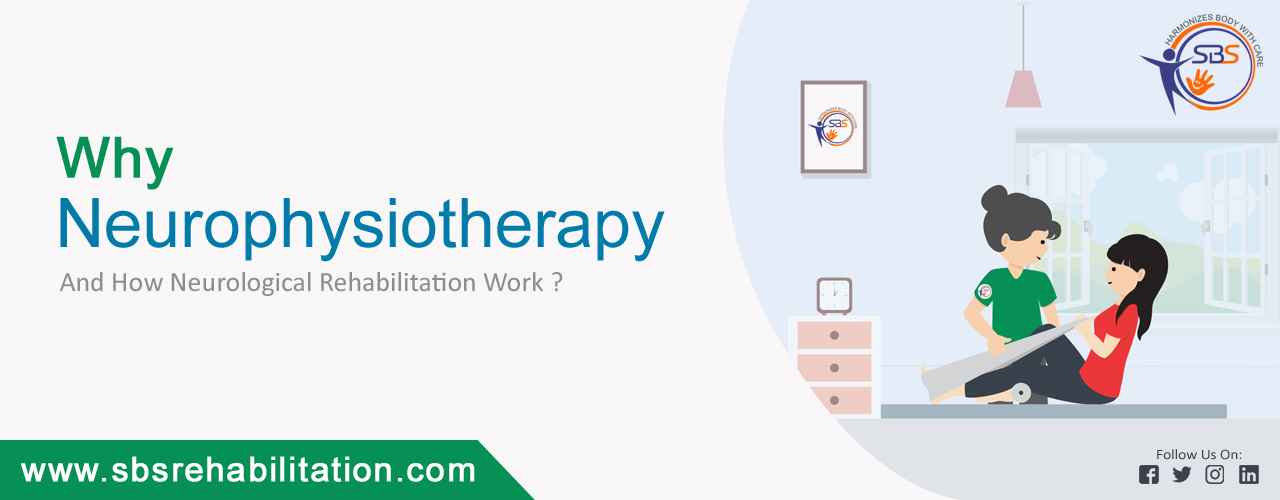
What is Neurophysiotherapy?
Neurophysiotherapy, also known as neurological physiotherapy or neurological rehabilitation, is a branch of physiotherapy that is used to treat people with movement and function disorders. The origin of these disorders take place due to the problems caused to our body’s nervous system and neuromuscular system. These condition often manifest themselves as poor balance and coordination, muscle weakness, loss of function, uncontrolled muscle spasm and tremors, and decreased sensation.
Neurological Physiotherapy is able to kick-start the message pathways that your brain is struggling to use, to make new pathways through repetitive actions and exercises. Many of the patients who undergo Neurological Physiotherapy can improve symptoms such as, difficulties with loss of balance, loss of hand and arm, or leg and foot function, walking, spasticity and pain. It is a process that centrally involves the disabled person in making plans and setting goals that are important and relevant to their own particular circumstances.
How does it work?
By focusing on all aspects of a person’s functional independence and well-being, Neurorehabilitation offers a series of therapies from the medications, physiotherapy, and speech and swallow therapy, psychological therapies, occupational therapies, teaching or re-training patients on mobility skills, communication processes, and other aspects of that person’s daily routine. Neurorehabilitation also provides focuses on nutrition, psychological, and creative parts of a person’s recovery.
Many neuro-rehabilitation programs, whether offered by hospitals or at private, specialized clinics, have a wide variety of specialists in many different fields to provide the most well rounded treatment of patients. These treatments, over a period of time, and often over the lifetime of a person, allow that individual and that person’s family to live the most normal, independent life possible.
Conditions that could be treated by Neurophysiotherapy
Each of the conditions managed with neurological physiotherapy differs in how they affect the nervous system. However, the impairments of the diagnoses are similar. Physicians recommend neurological physiotherapy for patients suffering from poor balance and coordination, gait issues, vision changes, and those who cannot walk and struggle with self-care/daily living activities.
- 1) Microcephaly: Microcephaly is a rare neurological condition which results in an infant’s head to be smaller than other children the same age and gender; this can occur in the womb or after birth but is a result of the brain growing abnormally. It can be a congenital condition (present from birth) or it can occur later in infancy. It often causes learning disabilities and neurological conditions.
- 2) Post-polio syndrome. (PPS, poliomyelitis sequelae) is a group of latent symptoms of poliomyelitis (polio), occurring at about a 25 to 40% rate (latest data greater than 80%). It is a viral infection of the nervous system after the initial infection. Symptoms typically occur 15 to 30 years after an initial acute paralytic attack. Symptoms include decreasing muscular function or acute weakness with pain and fatigue. The same symptoms may also occur years after a non-paralytic polio (NPP) infection.
3) Guillain–Barré syndrome (GBS) is a rapid-onset muscle weakness caused by the immune system damaging the peripheral nervous system. The initial symptoms are typically changes in sensation or pain often in the back along with muscle weakness, beginning in the feet and hands, often spreading to the arms and upper body, with both sides being involved.
4) Stroke: During a stroke, the blood flow to the brain gets restricted and causes the death of cells of the brain. Damaged parts of the brain helps to manifest the symptoms of the stroke.
5) Traumatic Brain Injury (TBI): A sudden jolt, bump or blow to the head may result in the brain dysfunction that is known as traumatic brain injury.
6) Parkinson’s disease: The disease that affects the movement, cognition and sleep primarily due to the neurodegenerative disorder of the dopamine neurons of the brain.
7) Alzheimer’s disease: This neurodegenerative disorder leads to the degeneration of the brain cells. The loss of brain cells result in dementia that causes loss of memory, thinking abilities and other behavioural skills.
8) Spinal Cord Injuries: A complex system of nerves is connected to the brain through the spine. Whenever a spinal cord injury takes place, force to the ligaments, vertebrae or discs of the spinal column disrupt nerves from communicating with the body. The person with a spinal cord injury loses the function below the site of injury and may also experience various other symptoms like weakness, loss of sensation, loss of bowel or bladder control and impaired breathing.
9) Cerebral Palsy: A motor disability disorder caused due to the inability to move and maintain balance and posture in childhood. It is difficult to control the muscles due to abnormal development of brain of the person suffering with cerebral palsy.
10) Charcot-Marie-Tooth Disorder (CMT): Being an inherited disorder of the nervous system, CMT results in a progressive loss muscle tissue due to damage caused to peripheral nerves. It is commonly known as heredity motor and sensory neuropathy.
11) Chronic Pain: The primary or secondary neurological disorders are back pain and chronic pain respectively. The lifestyle we live these days is one of the major factors of facing chronic pain and patients look for neurophysiotherapy to cure the pain.
Who can benefit from Neuro Physiotherapy?
Neurological rehabilitation physical therapy is generally used to revive the nervous system with the help of various therapeutic exercises and activities that will lead you to learn new ways to move. Treatment process varies from person to person depending on the condition or type of injury.
The treatment focuses on improving musculoskeletal function, pulmonary strength, balance, movement and overall coordination. The experts in Physiotherapy may help you enhance functionality as well as advice on different ways to improve work and home spaces for efficient and independent living considering your current condition.
The benefits may include:
- Improved strength: Muscle movement training helps to regain the strength of the muscles weakened by any condition or injury. Physiotherapists focus on enhancing muscle control and range of motion, as well as decreasing or managing spasticity of muscles (when muscles continuously contract).
- Prolonged endurance: Gait training or re-training helps you develop easy and effective strategies for walking independently, on different surfaces and for a variety of activities. In some cases, mobility aids are incorporated to help with balance, posture and ease of movement. Physiotherapy treatments may involve teaching proper techniques for using these aids.
- Better balance: Balance training works to improve your steadiness and confidence in walking and regular activities. When balance is improved, falls and related injuries are less likely to occur.
Neuro Rehabilitation in Delhi
If you are looking for the best neuro rehabilitation in Delhi then there are a few things you need to take care of. You need to visit the experienced professionals as their experience might help you in recovering comparatively faster. The experienced professionals also know how to keep the patient motivated and get better results.
At SBS Rehabilitation, one the best neurophysiotherapy center in South Delhi, takes complete care of the patients at the best level possible. Our efficient staff starts the treatment only after analysing the complete history and lifestyle of the patient. If you are also looking for the neurological rehabilitation in Delhi, feel free to reach us.


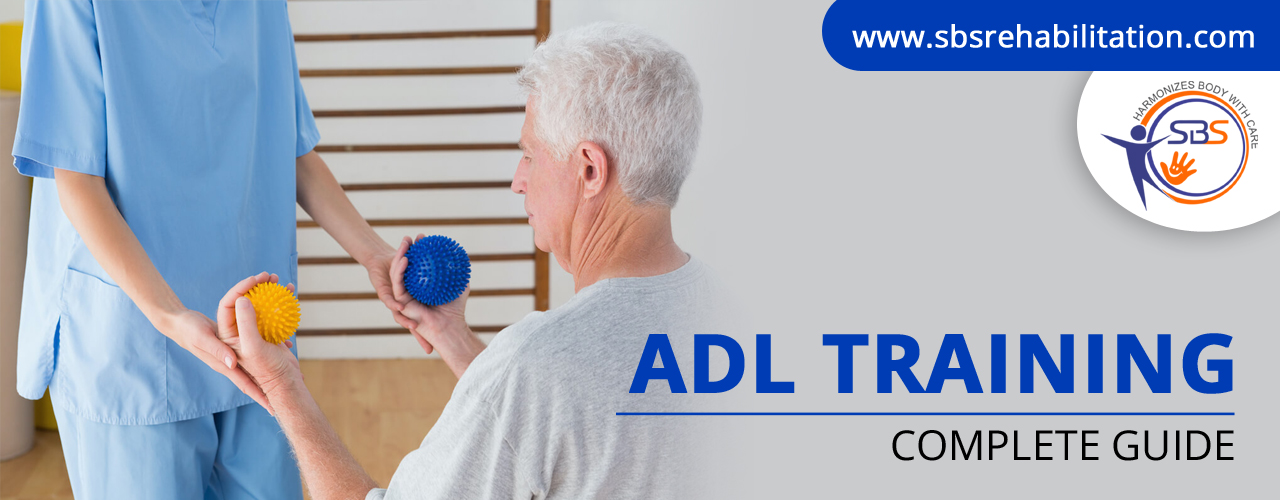
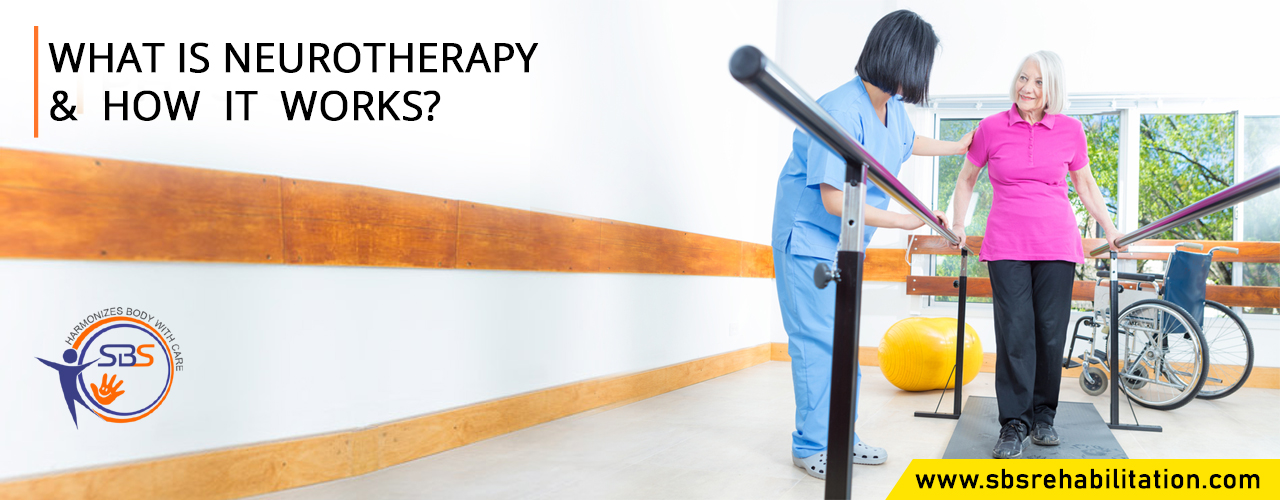
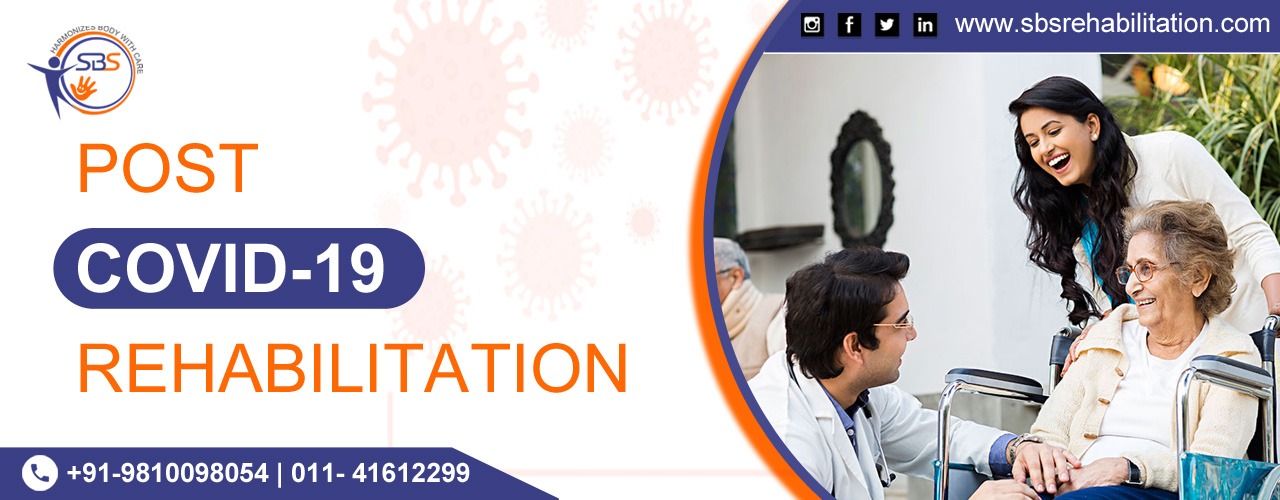

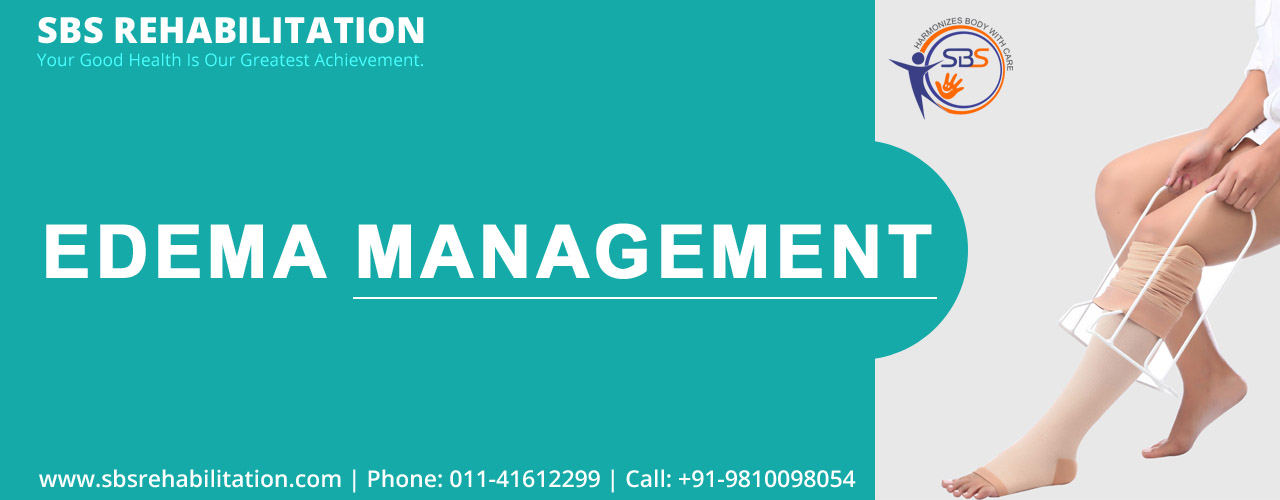
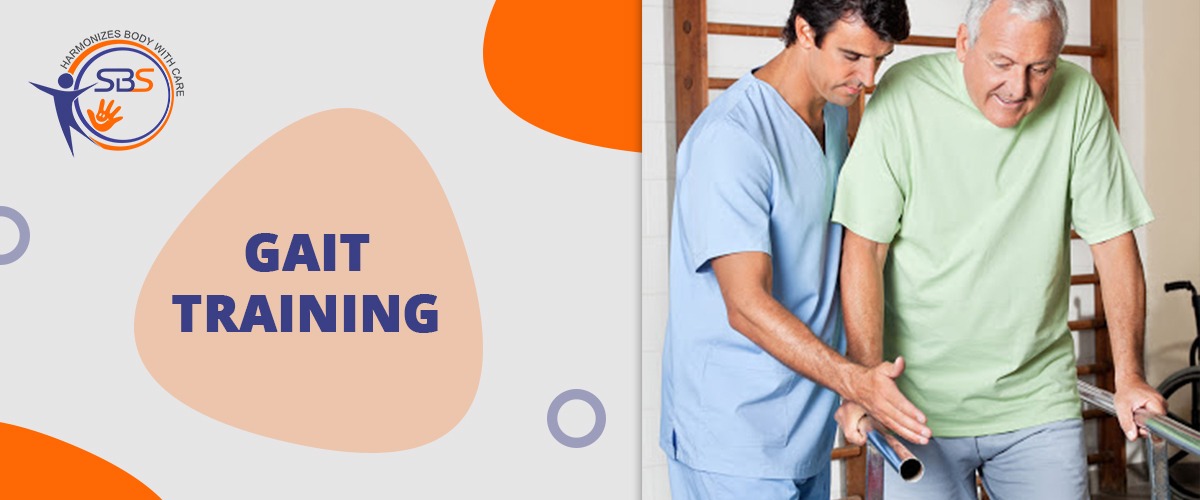
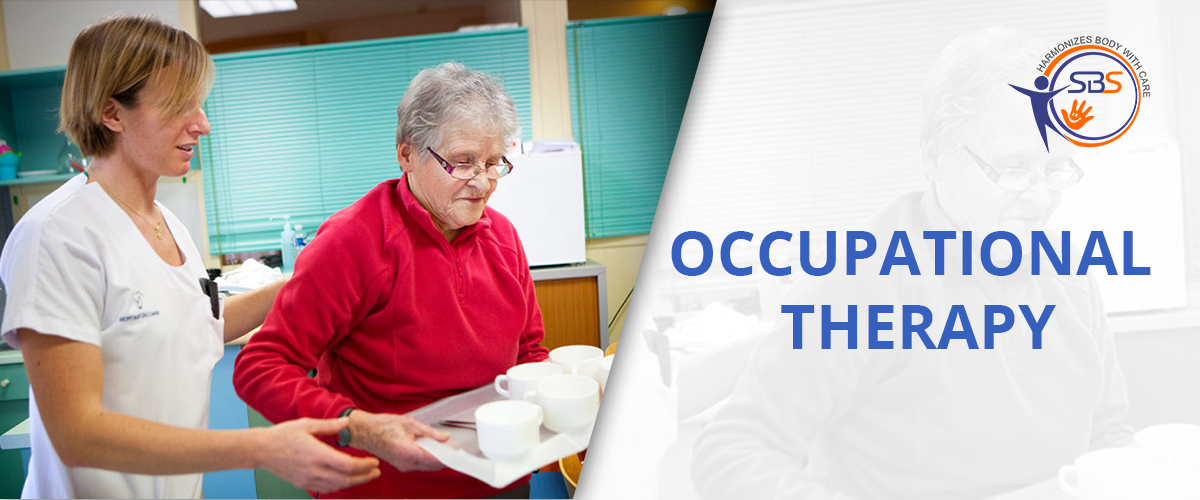
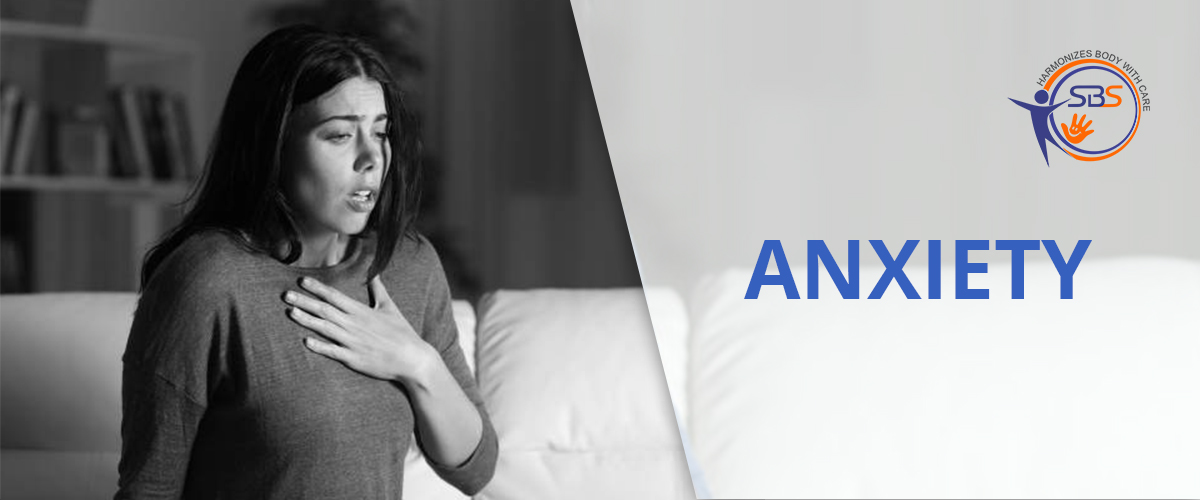
Leave a Reply